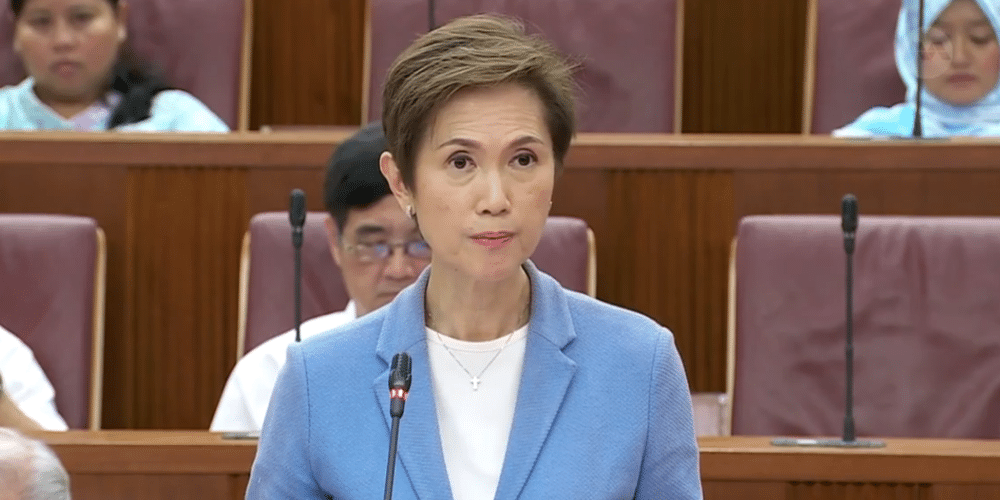SINGAPORE — The Asian Forum for Human Rights and Development (FORUM-ASIA) and CIVICUS: World Alliance for Citizen Participation have expressed deep concern over Singapore’s recently passed Online Criminal Harms Act (OCHA).
The organizations urge the Government of Singapore to withdraw the act, arguing that it violates international legal and human rights laws and standards, including freedom of expression, association, privacy, and public affairs participation.
The Parliament of Singapore passed the controversial OCHA on 5 July 2023. The law was initially introduced on 8 May with the stated intention of more effectively managing online criminal activities.
While the legislation endows the government with the power to take action against individuals and entities – including internet service providers – to curtail content suspected of being a scam or involved in malicious cyber activities, it also covers other offences.
They include offences such as:
- Offences relating to harmony between different races, religion, or classes of
the population. - Offences relating to the secrecy of Government information under the Official
Secrets Act and other laws. - Offences relating to incitement of violence or counselling disobedience to the
law.
Notably, the Act extends its reach beyond Singaporean borders, targeting individuals and entities regardless of their location or Singaporean ties.
Mary Aileen Diez-Bacalso, Executive Director of FORUM-ASIA, has expressed concerns about the potential implications of the OCHA. She warns that the act may facilitate the government’s arbitrary exercise of power, especially against critical voices and opposition, including human rights defenders.
The OCHA is seen as the latest in a series of Singaporean legal instruments contradicting international human rights laws and standards.
This includes the Protection from Online Falsehoods and Manipulation Act (POFMA) of 2019, which authorizes the government to issue correction orders against individuals suspected of disseminating false information.
Similarly, the Foreign Interference (Countermeasures) Act was enacted in 2021 to counter ‘hostile information campaigns,’ despite international and regional civil society criticisms.
Both FORUM-ASIA and CIVICUS have voiced apprehension about the OCHA being used to stifle freedom of expression, particularly against critics of the Singaporean government.
Their concern is intensified by the fact that the government reportedly issued 100 POFMA orders since the law’s implementation, with 35 cases involving opposition political parties and figures.
The organizations fear that the government’s alarming history of using laws to suppress dissent could repeat with the implementation of the OCHA.
They urge the Singaporean Government to withdraw the OCHA and refrain from introducing any legal measures that could further erode human rights and fundamental freedoms.
David Kode, Advocacy and Campaigns Lead at CIVICUS, calls on the government to adhere to its obligations under international law to protect, promote, and fulfill the universality of human rights.
“It must work to safeguard people’s freedom of expression and refrain from further attacking Singapore’s already declining civic freedom,” Kode asserted.








